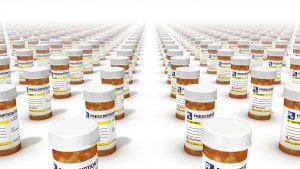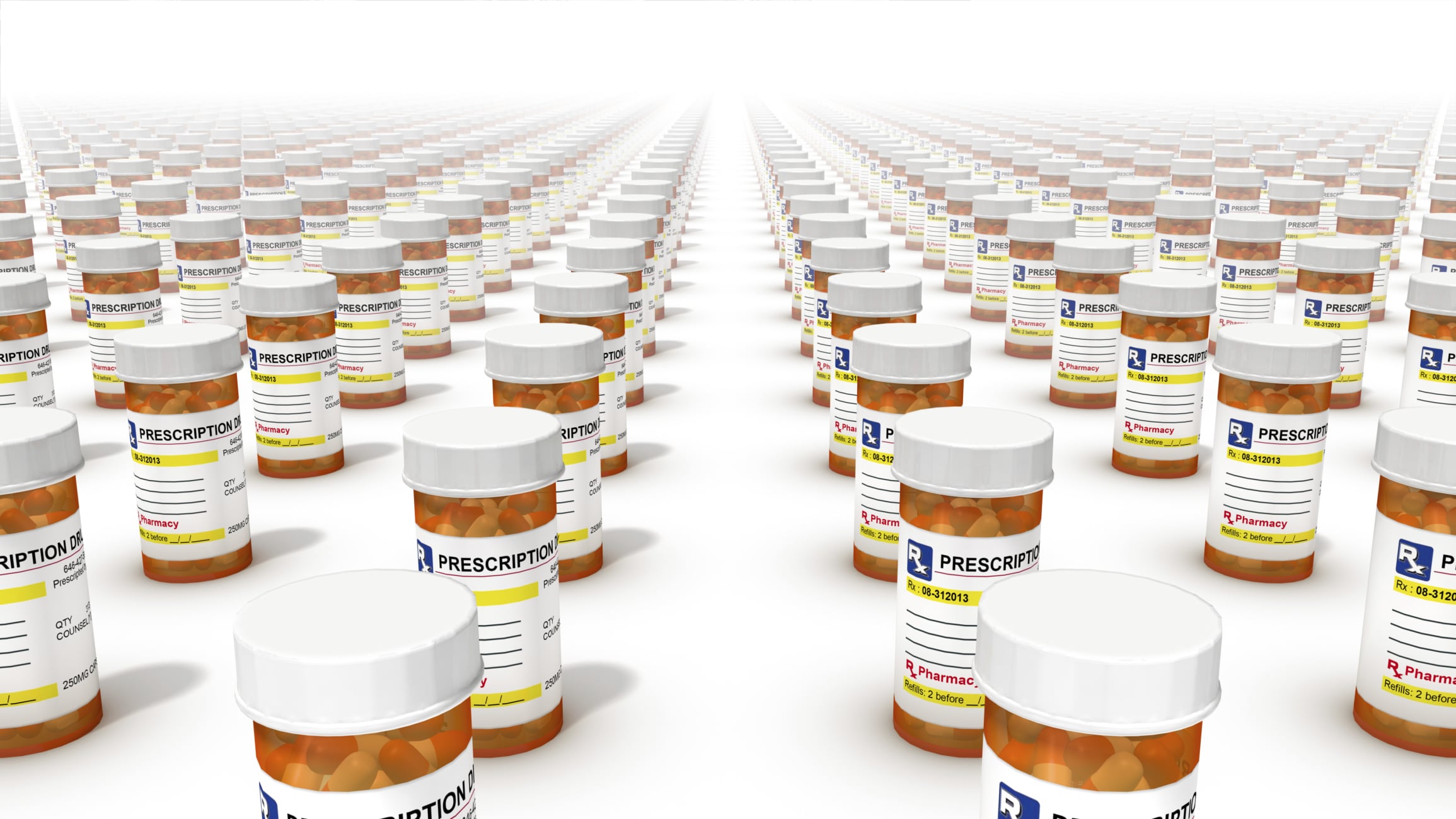 The U.S. Food and Drug Administration (FDA) has recently taken the spotlight as the agency continues its fight against pharmaceutical drug misbranding. While some critics claim that acting out against pharmaceutical drug misbranding violates the manufacturers’ free speech and First Amendment rights, others feel that the FDA should not be prohibited from acting in the best interests of the country’s consumers and medical community.
The U.S. Food and Drug Administration (FDA) has recently taken the spotlight as the agency continues its fight against pharmaceutical drug misbranding. While some critics claim that acting out against pharmaceutical drug misbranding violates the manufacturers’ free speech and First Amendment rights, others feel that the FDA should not be prohibited from acting in the best interests of the country’s consumers and medical community.
FDA Fights Pharmaceutical Drug Misbranding
The FDA continuously attempts to prevent the distribution and sale of drugs whose intended labeling and use are not FDA-approved. For example, if a manufacturer receives approval for a product intended to treat a specific condition in a focused group of consumers, the agency may react negatively if it receives word that the product in question is being marketed or promoted to other individuals for whom the product was not intended.
On January 14, 2010, for example, the FDA sent a warning letter to Bayer regarding its Mirena intrauterine device. According to the FDA, the manufacturer’s marketing tactics overstated the efficacy of Mirena and presented unsubstantiated claims while minimizing the risks of using the device. The FDA also asserted that the company’s methods included misleading or false presentations regarding the product and ordered the manufacturer to exclude unsubstantiated claims from its materials.
In another case in July 2013, the FDA wrote to Origin Biomed expressing its objections after the manufacturer made marketing claims on a social media site about Neuragen, an over-the-counter nerve pain medication. The federal government considers the product to be a prescription drug as it claims to treat diabetes and other medical conditions that require treatment and diagnosis by a physician. However, the FDA asserted that the labels on the products did not bear the “Rx only” symbol as is required by these products. The company was allowed 15 days to “tone down” the medical claims and removed all references to the word, “nerve.”
Johnson & Johnson, one of the largest pharmaceutical companies in the world, has recently agreed on a $2.2 billion settlement to cover civil and criminal fines. The company was accused by the FDA of improperly promoting Risperdal, an antipsychotic drug, to individuals with developmental disabilities, children, older adults struggling with dementia and other patients for whom the medication was not initially intended nor tested.
Most recently, in November 2013, the FDA reportedly sent a letter to Aegerion Pharmaceuticals after the company’s CEO appeared on a talk show on CNBC. During the interview, the CEO suggested that one product manufactured by the company, Juxtapid, was effective and safe for several off-label uses that are closely-related to the uses for which it is approved by the FDA. However, the FDA took the statements as a form of pharmaceutical drug misbranding, as the approved labeling on the medication does not include complete or thorough directions such as those suggested by the CEO for uses that have not yet been approved by the FDA.
All for the Better of the Patient
Critics assert that the FDA has, in the past, relied solely on verbal information for the basis of conclusions rather than using speech as some or part of the evidence of an improper intent. Still, the agency must continue to police pharmaceutical drug misbranding in an effort to protect patients and consumers from products which may have not been adequately tested for the off-label uses.
In many lawsuits across the U.S., both past and present, plaintiffs often allege that they suffered from side effects, life-threatening complications or death due to pharmaceutical drug misbranding or misleading statements from manufacturers. Whether a drug maker hints at an alternative use for a product or claims that the drug is a miracle cure without any supporting evidence, the FDA must continuously monitor these claims and fight against pharmaceutical drug misbranding in order to protect the best interests and health of patients throughout the country.
Have Questions about the FDA’s Fights against Pharmaceutical Drug Misbranding?
If you or someone you love were injured and you feel that your condition was the result of misbranding, contact Attorney Group today to learn more about your legal rights. You may be entitled to pursue a claim for compensation and recover damages for lost wages, loss of income, mental anguish, pain and suffering or medical expenses you incurred as the result of your condition.






